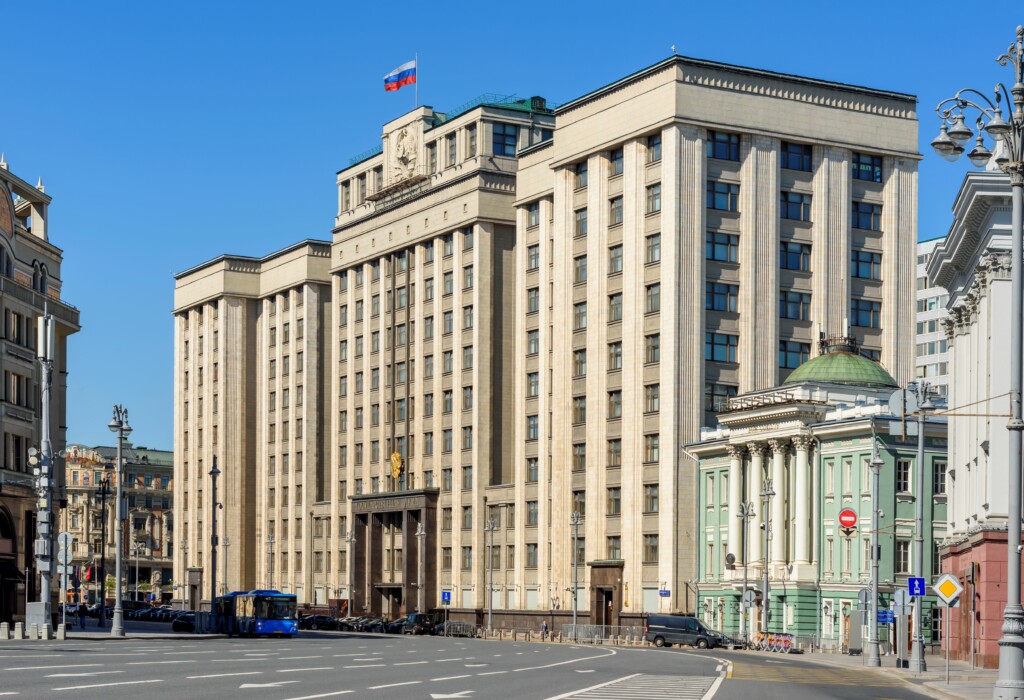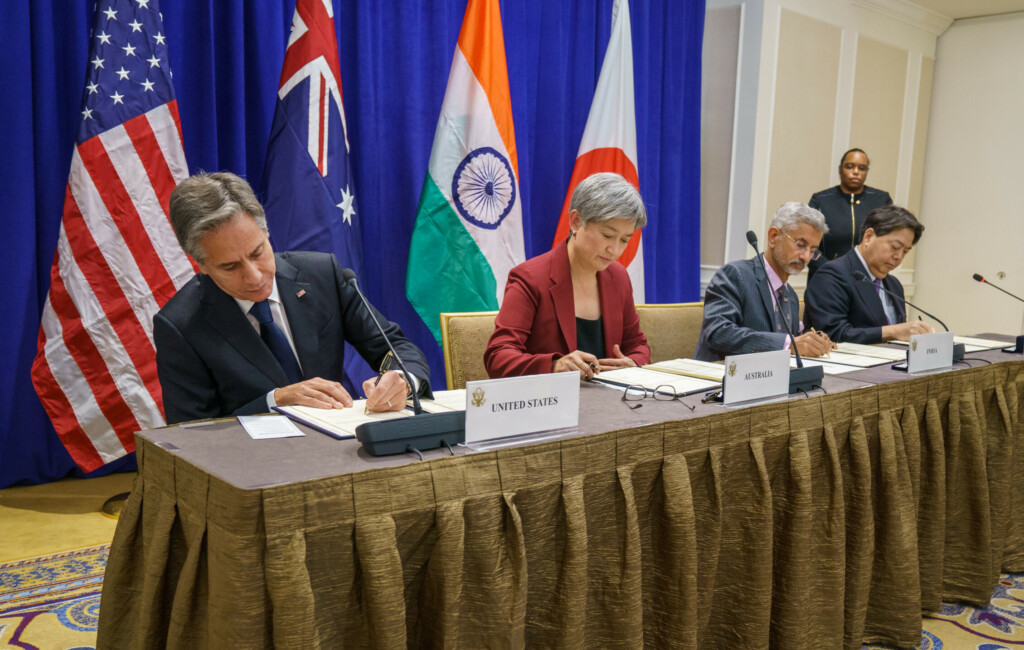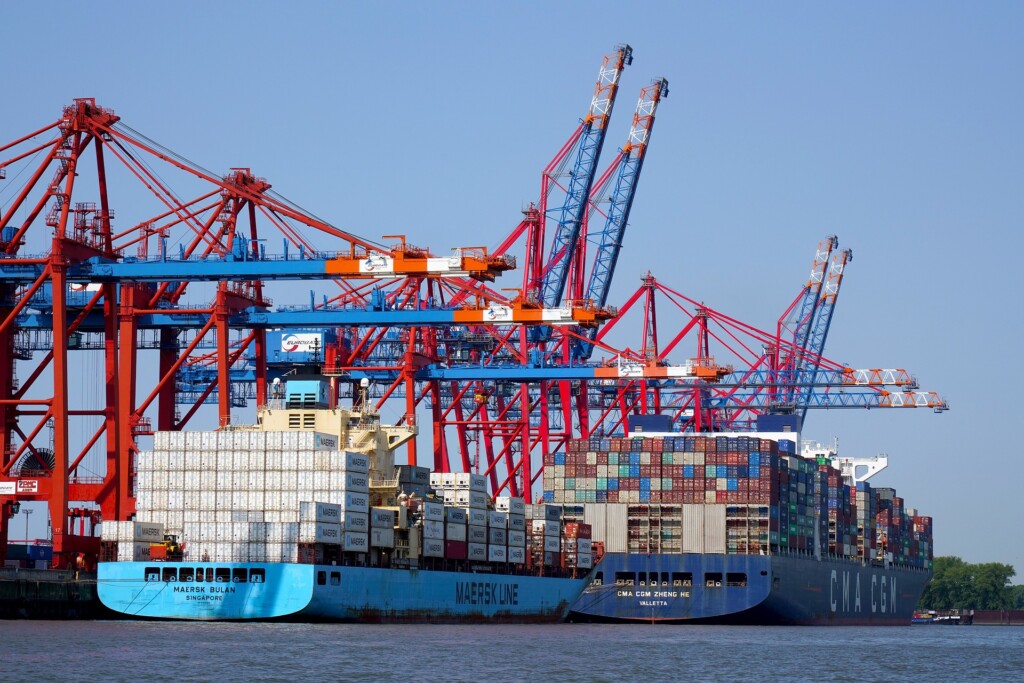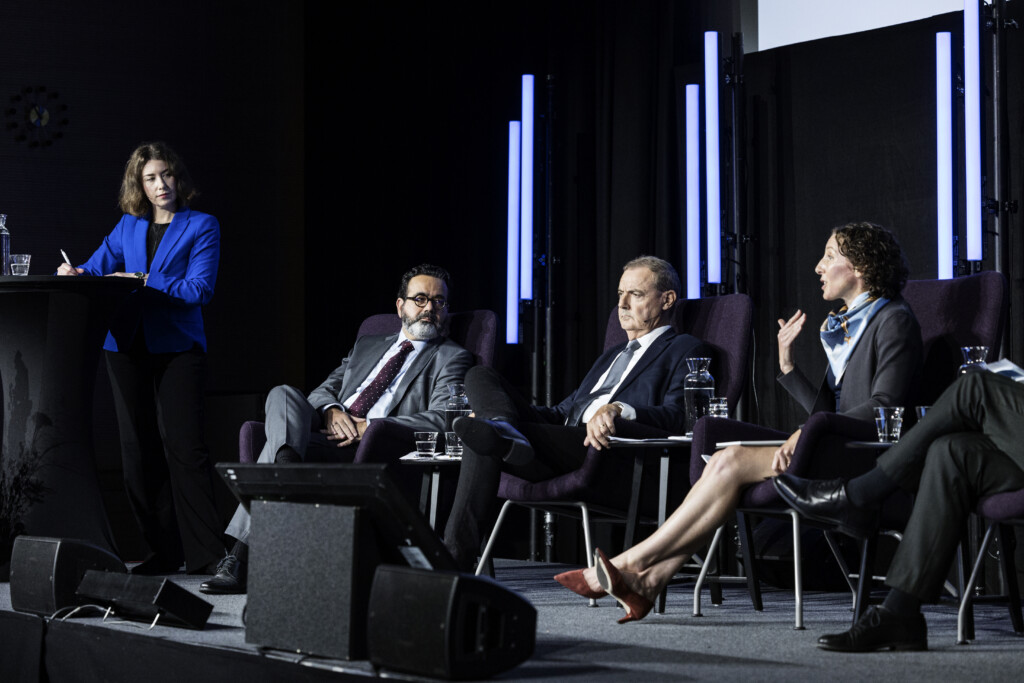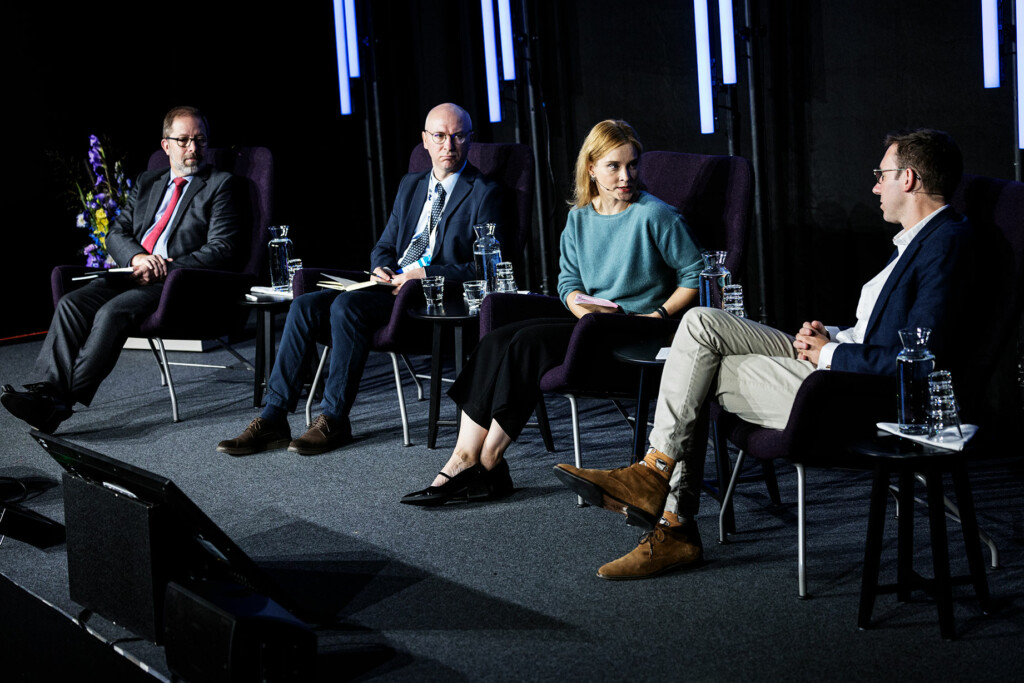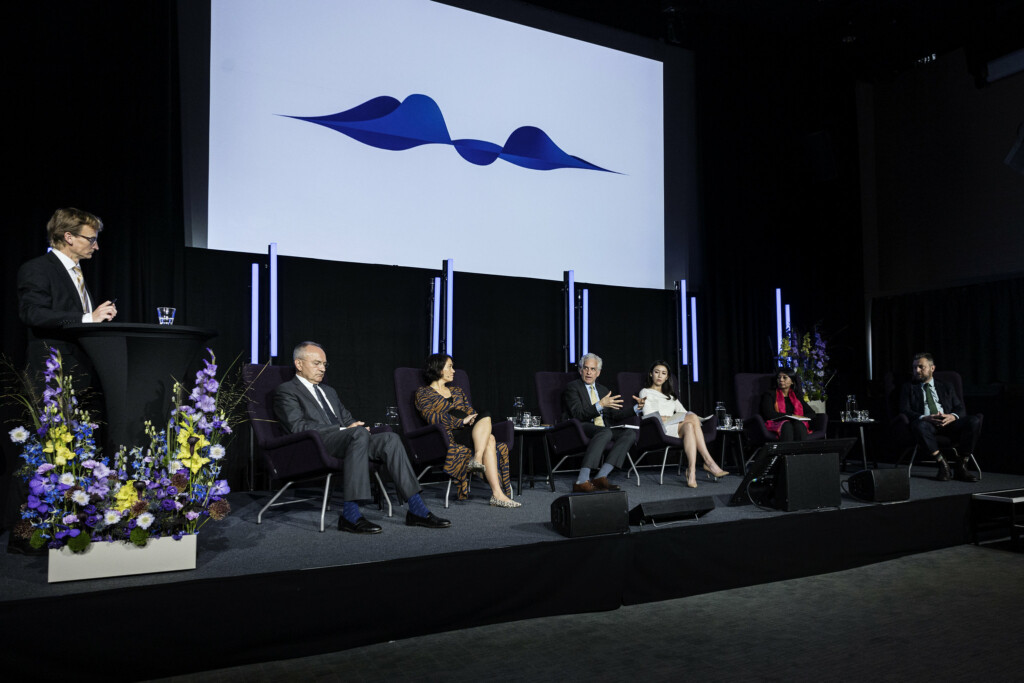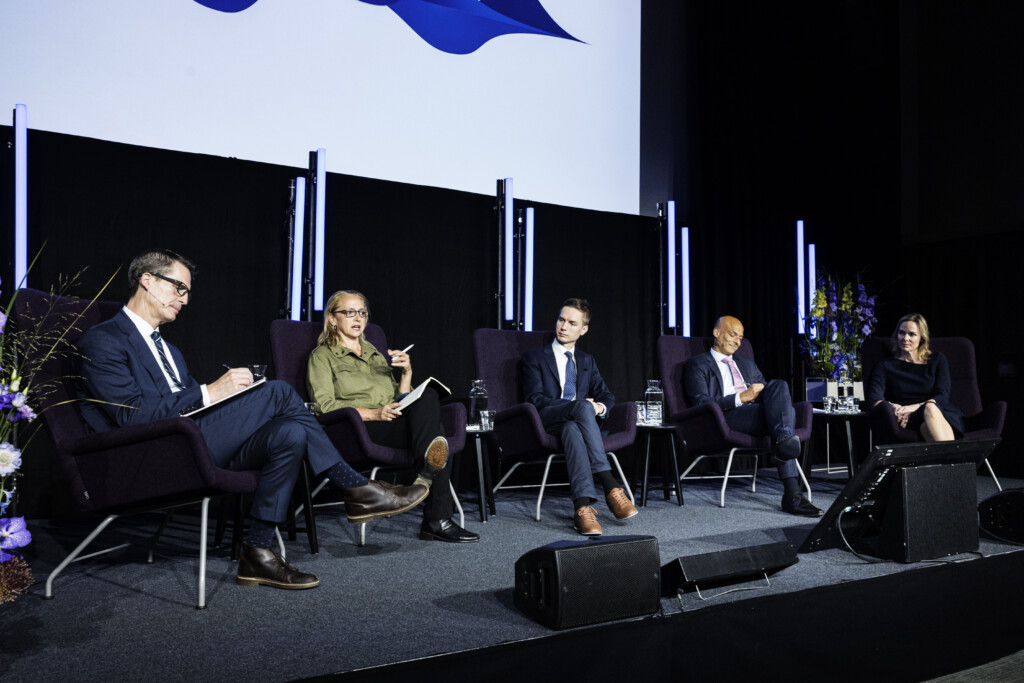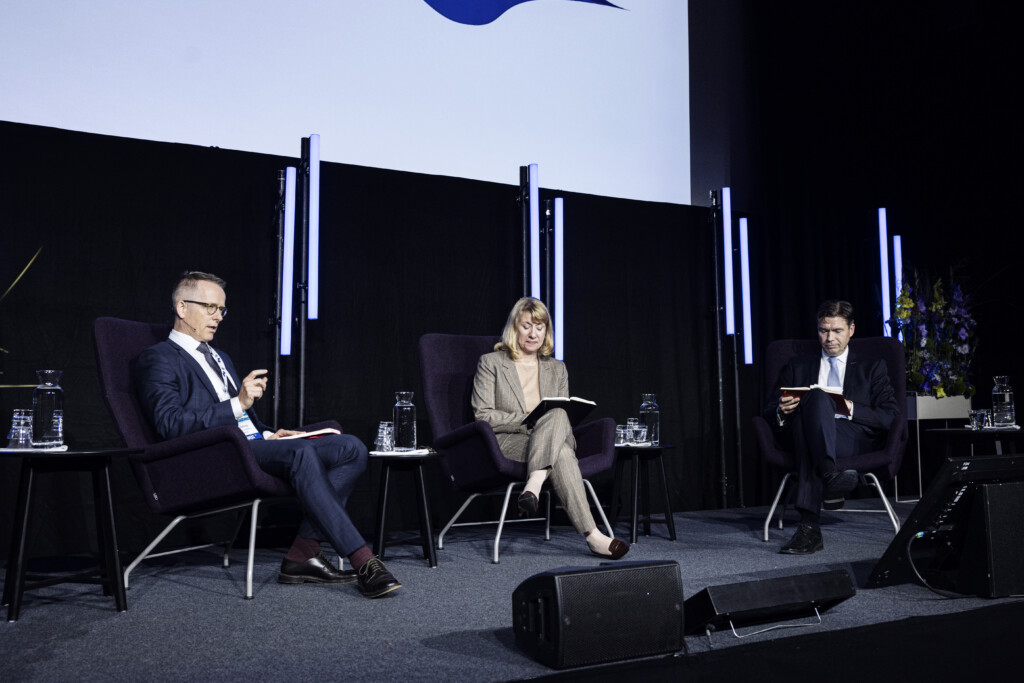HSF Blog
Rejecting Russian Spheres of Influence
The EU has rejected the language of spheres of influence in favour of an international order based on common rules rather than the power of the strongest. However, when it comes to the policy towards Russia, this rejection has been more evident in words than deeds.
Read MoreReverberations in the Indo-Pacific of the War in Ukraine
Russia’s war of aggression against Ukraine has had significant ripple effects in Indo-Pacific security dynamics and ongoing great-power competition.
Read MoreMANAGING THE NEW ECONOMIC SECURITY DILEMMA
Policymakers believed that growing interdependence would encourage states to abandon power politics in favour of cooperation and global marketplace. This belief has now been broken.
Read MoreNew Technologies Reshape the Geopolitics of Water and Climate
The geopolitical landscape of water and climate is changing due to innovation and technological evolution. How will it affect our capacity to respond to major global crises such as climate change and water insecurity?
Read MoreSession VI: Economic Security as National Security
The final session of HSF 2023 dived into the multifaceted world of economic security. Economic interdependence between countries is a product of globalisation, which, in the era of radical uncertainty, has proven to include both advantages and risks.
Read MoreSession V: Rejecting Russian Spheres of Influence
Where and how must we reject Russian spheres of influence? The fifth panel of Helsinki Security Forum 2023 delved into the resistance to Russian influence both in neighbouring states and in the minds of Western decision-makers.
Read MoreSession III: Reverberations in the Indo-Pacific of the war in Ukraine
Russia’s war of aggression against Ukraine has had significant effects on Indo-Pacific security dynamics and great-power competition. The third session of Helsinki Security Forum 2023 turned the focus to the region.
Read MoreSession II: Rapid technology development and societal security
The intersection of technology development and societal security is an increasingly pressing issue for governments and companies. In the second panel of Helsinki Security Forum 2023, the expert speakers addressed the topic on the conference stage.
Read MoreSession I: Deter, Defend and Secure – Europe in the Era of Radical Uncertainty
How will Europe defend itself and its allies amongst the global era of radical uncertainty? In the first session of Helsinki Security Forum 2023, GMF President Heather Conley and Professor Sten Rynning discussed the future of NATO and how to defend and secure Europe.
Read MoreEnhancing Europe’s defence capabilities requires persistence
Countries have traditionally been protectionist in their defence equipment procurements. The war has shown the need for interchangeable equipment and performance so that logistical support and maintenance can be provided more efficiently and reliably.
Read More